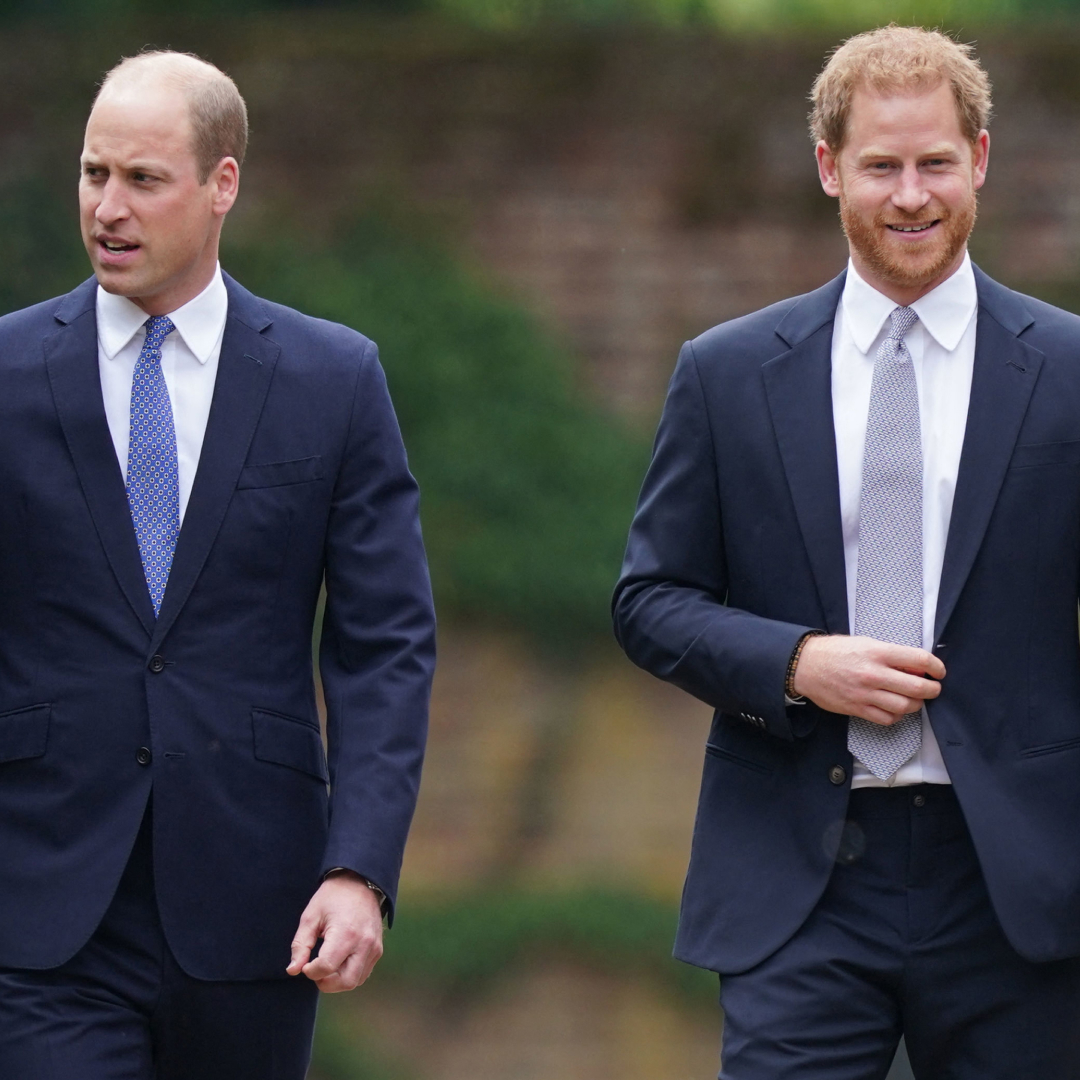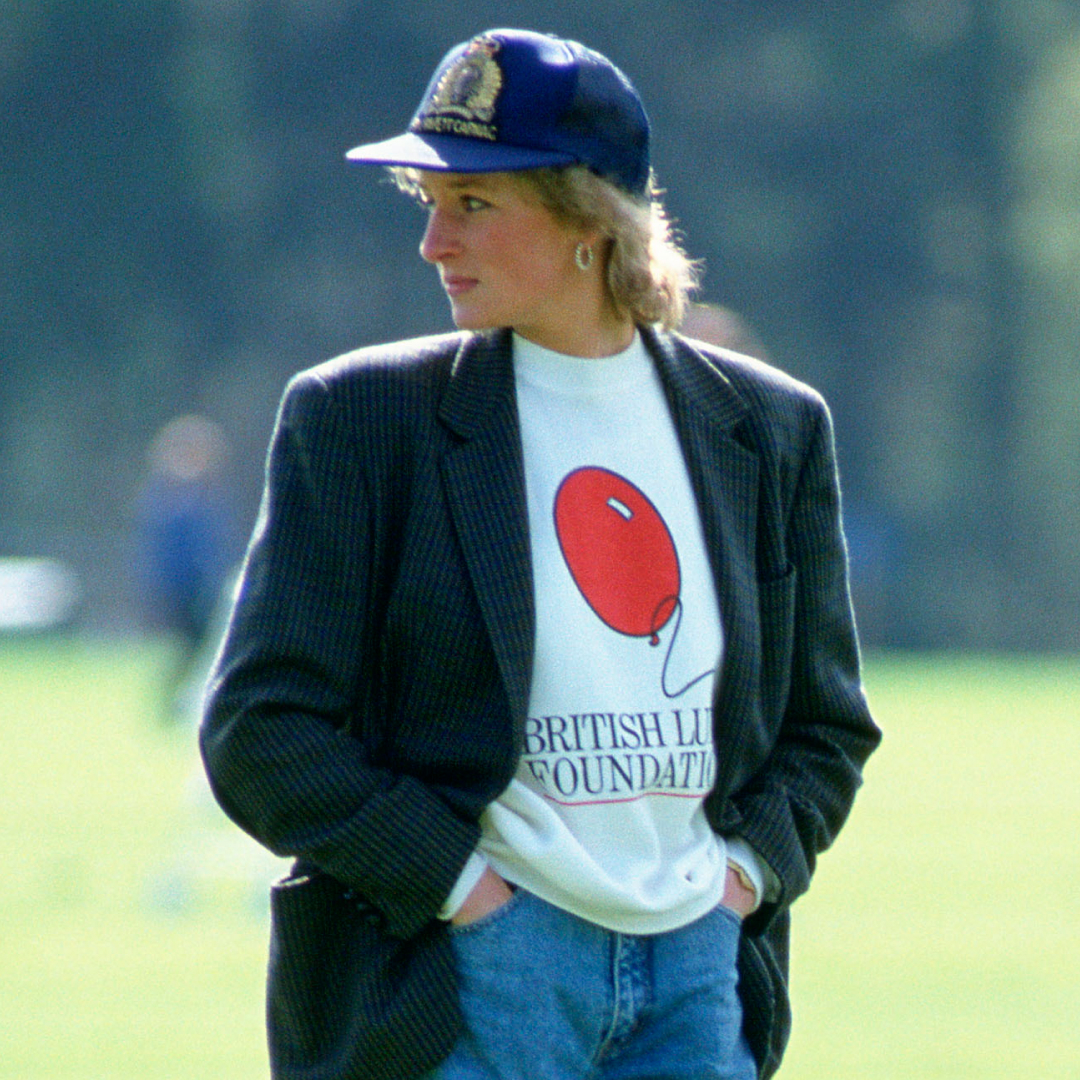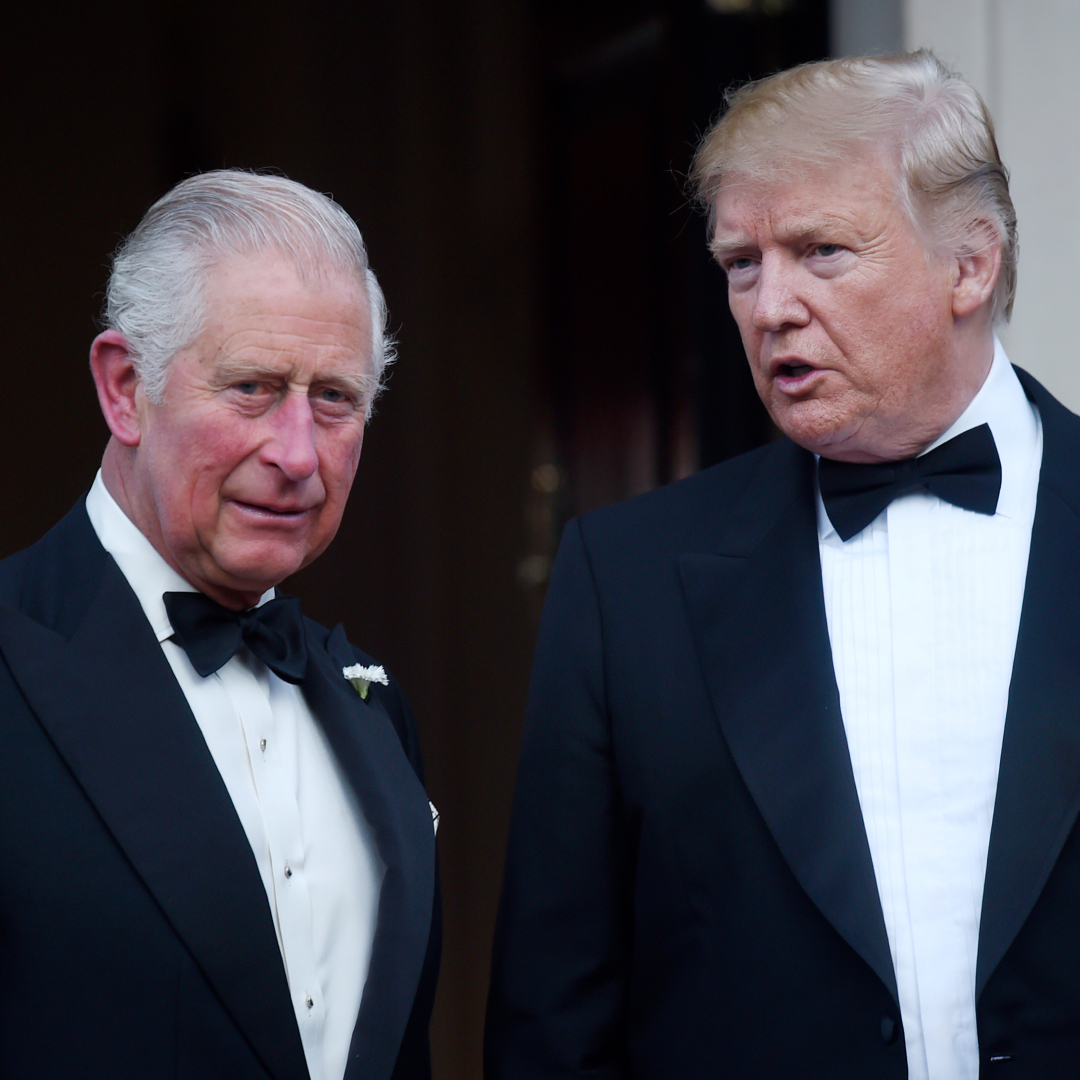Celebrity
All things celebrity, from royal family news and award show coverage to celebrity news updates.
Explore Celebrity
-

Princess Kate's Wimbledon Sun Hat Is Back in Stock
Just in time for summer vacation.
By Kristin Contino Published
-

The "Priceless Gift" Prince Louis Was Given at Wimbledon
"That makes it royally approved," the benefactor later revealed.
By Amy Mackelden Published
-

Kate Middleton Had "Mortifying" Moment at Wimbledon
This is a little too relatable.
By Amy Mackelden Published
-
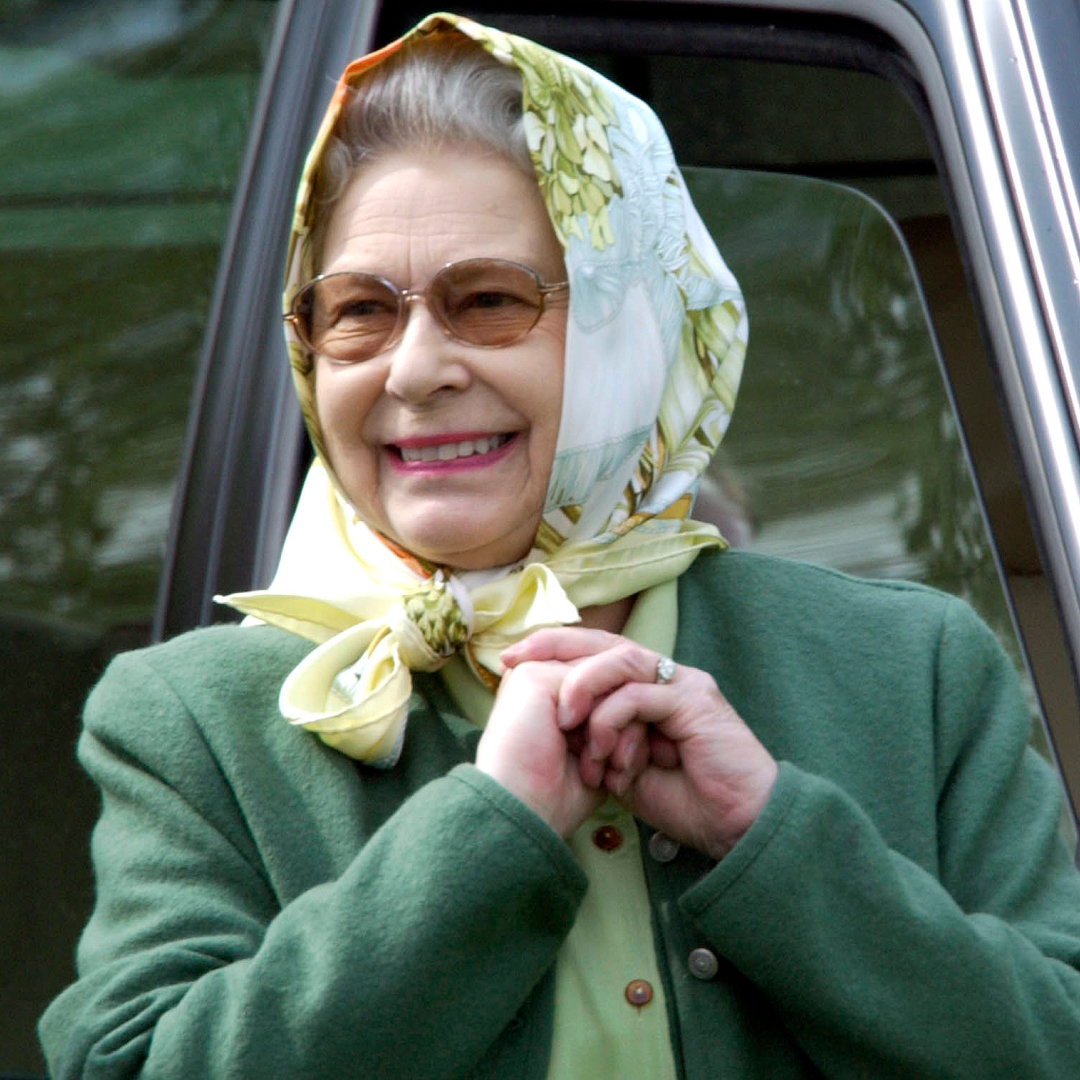
Queen Elizabeth Had a Surprising Favorite Household Chore That You'll Never See Coming
"I'm not making this up," a former prime minister said of the late Queen's normal-person habit.
By Kristin Contino Published
-

The "Reality" of Prince George's "Destiny" Is Setting In
"George's relationship with his parents will prove invaluable as he continues to grow up."
By Amy Mackelden Published
-
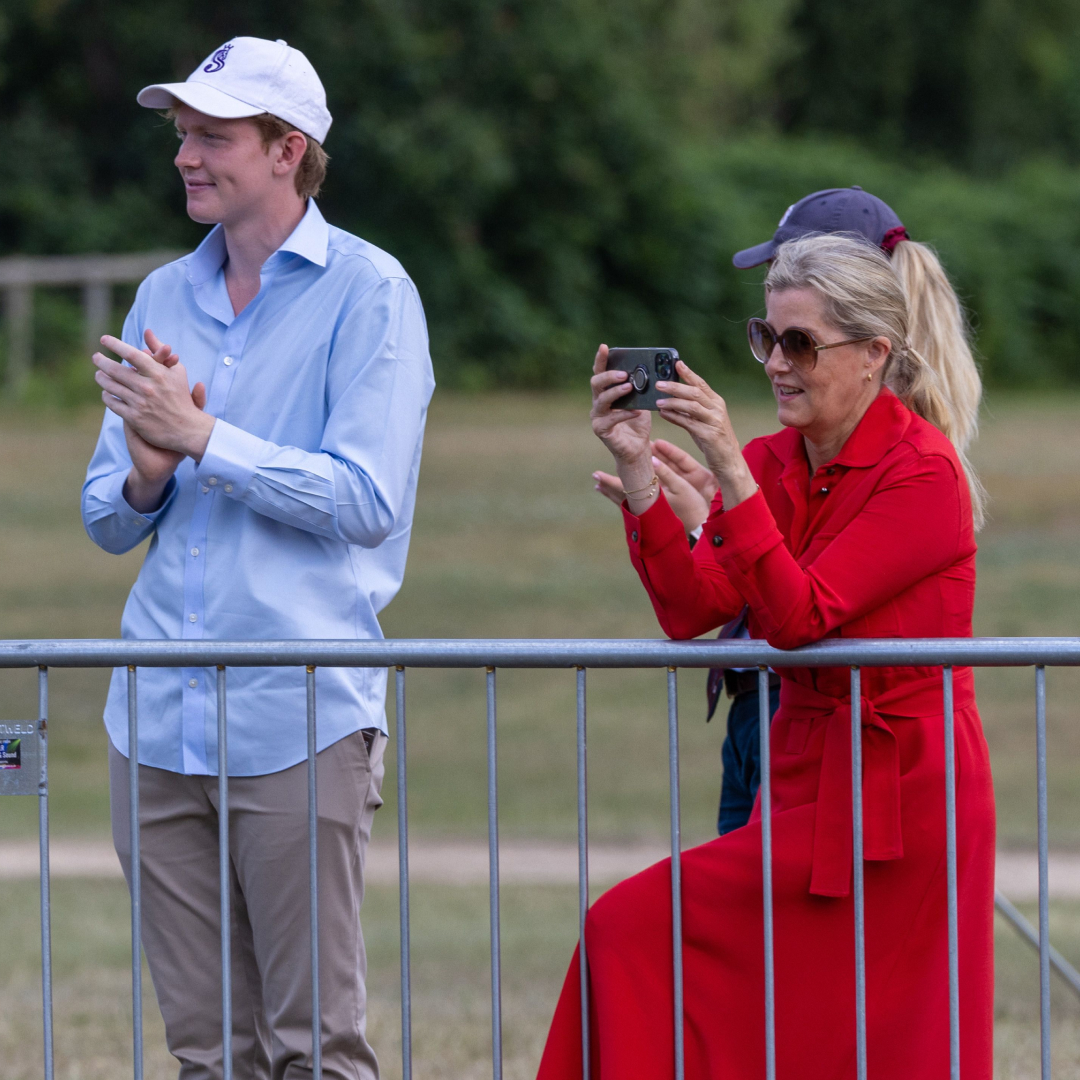
Lady Louise's Rumored Boyfriend Joins Duchess Sophie for a Family Outing
They're cheering on their girl.
By Kristin Contino Published
-
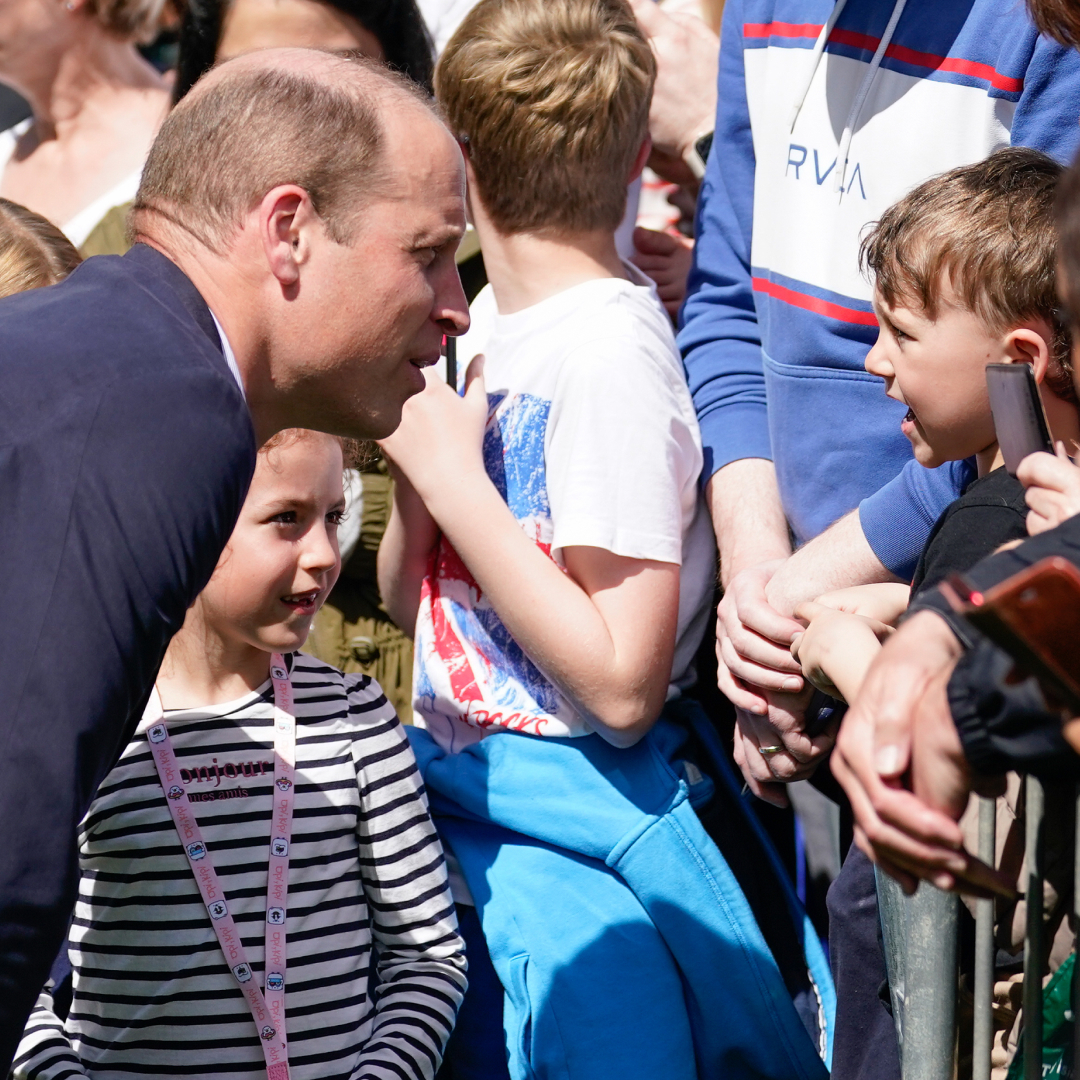
A Young Royal Fan Didn't Recognize Prince William
The little boy had no idea who he was talking to.
By Amy Mackelden Published
-
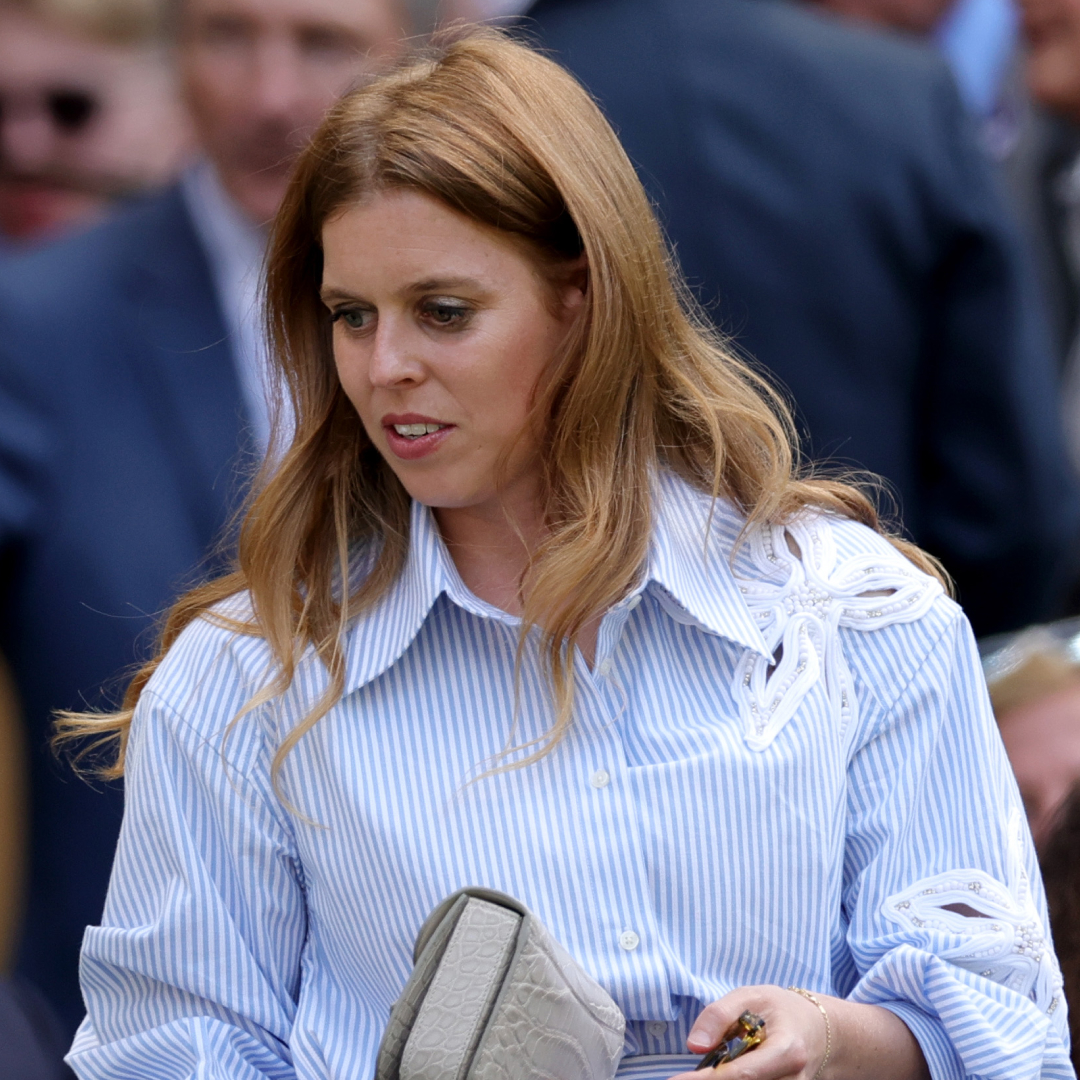
Princess Beatrice Brings French Girl Style to Wimbledon
She joined mom Sarah Ferguson for a stylish mother/daughter date.
By Kristin Contino Published
-
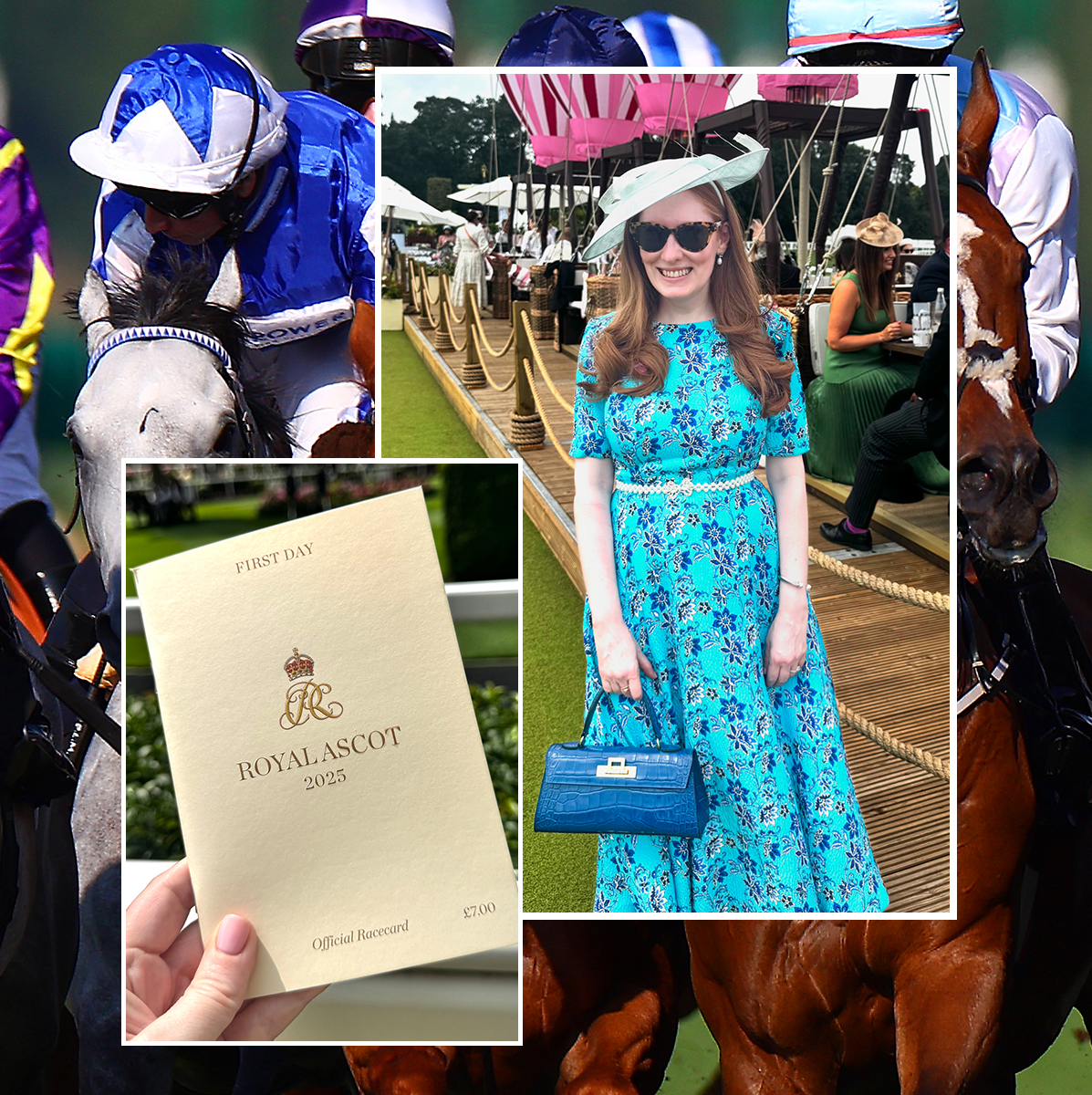
The Ultimate Guide to Royal Ascot
'Marie Claire' spends a day at the races.
By Kristin Contino Published
-
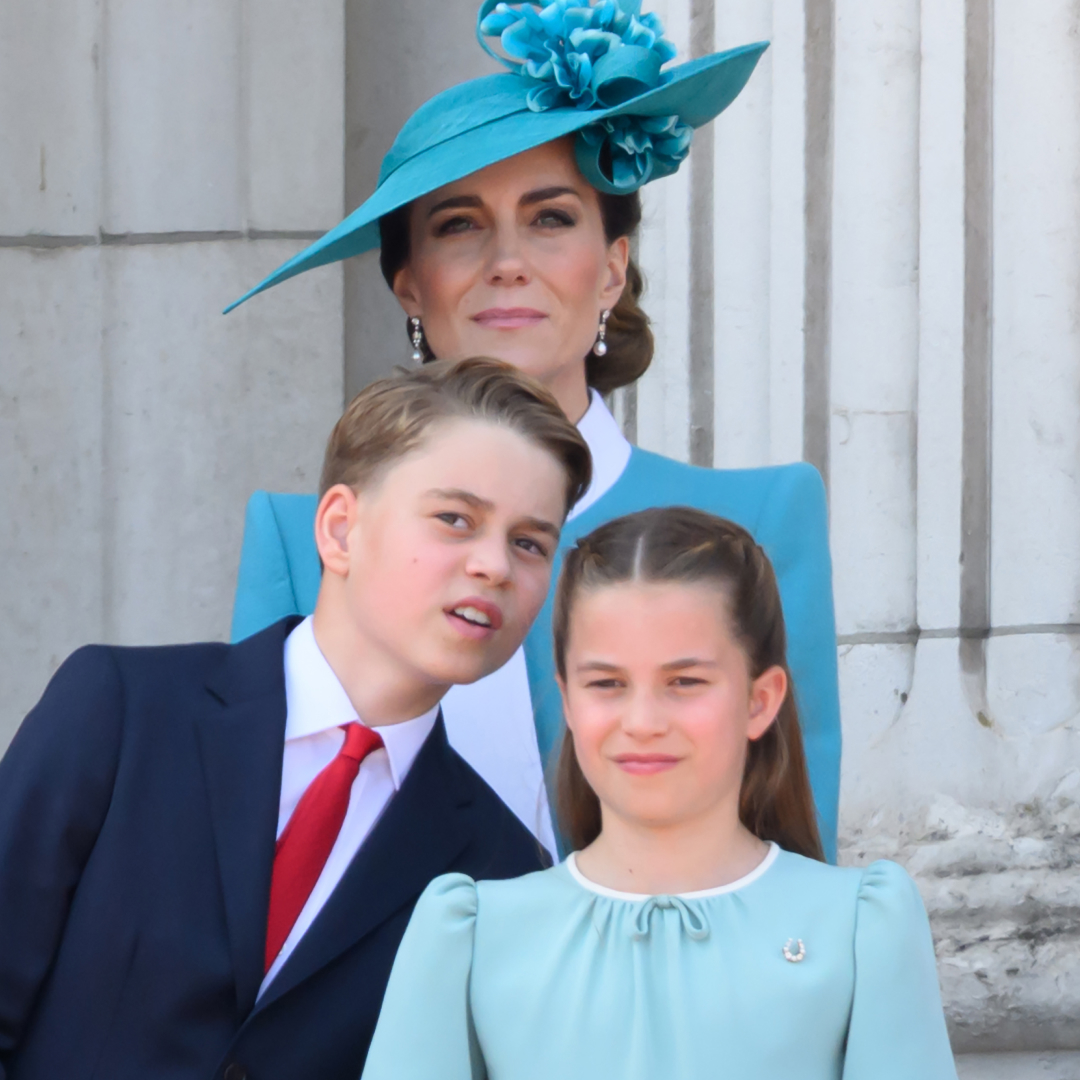
Charlotte Is "Following" in Kate Middleton's "Footsteps"
It's the end of an era for the royal siblings.
By Amy Mackelden Published
-

Royal Donor Attempted to "Sell Access" to Prince William
People were promised "a private audience with Prince William and Princess Catherine."
By Amy Mackelden Published
-
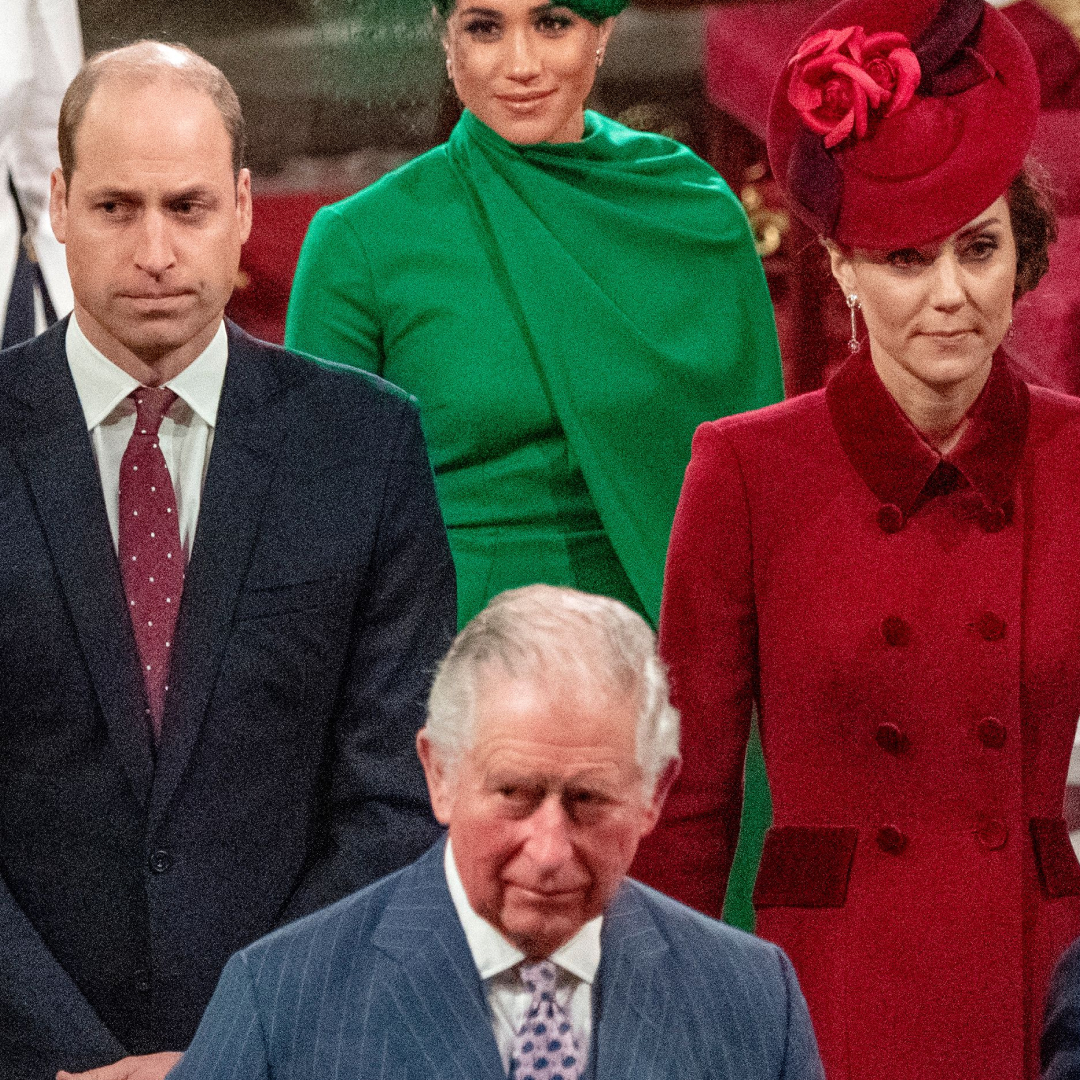
William "Inherited" King Charles's "Fear of Commitment"
Kate allegedly "made a pact" after learning about William's "inherent fear of tomorrow."
By Amy Mackelden Published
-
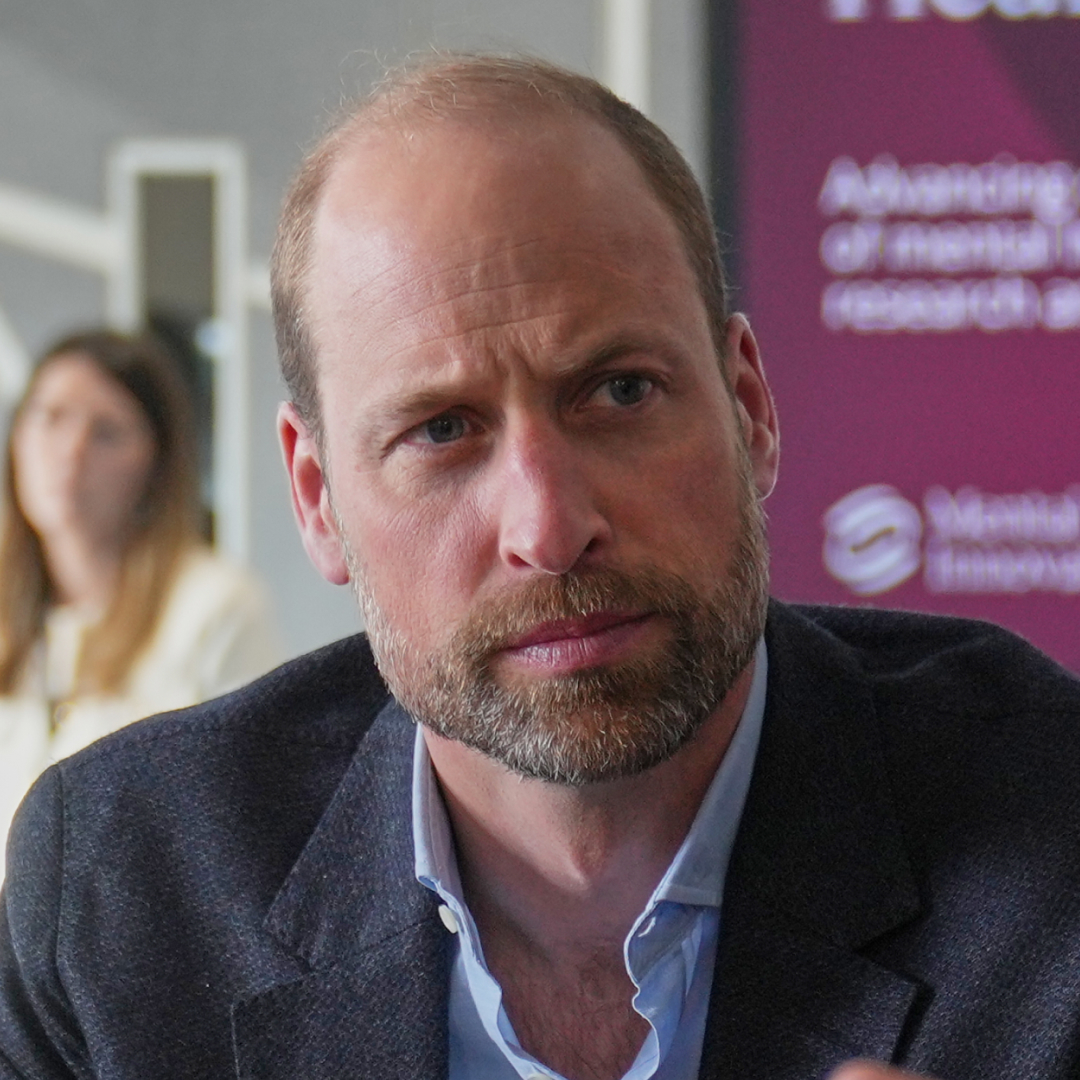
Prince William Might "Hand Over" One Royal Duty
"There will be so many demands on his time when he is king."
By Amy Mackelden Published
-

William Doesn't Want Kate to "Step Into Diana's Shoes"
"She's so often compared to Diana, which I think is unfair because they're very separate people."
By Amy Mackelden Published
-
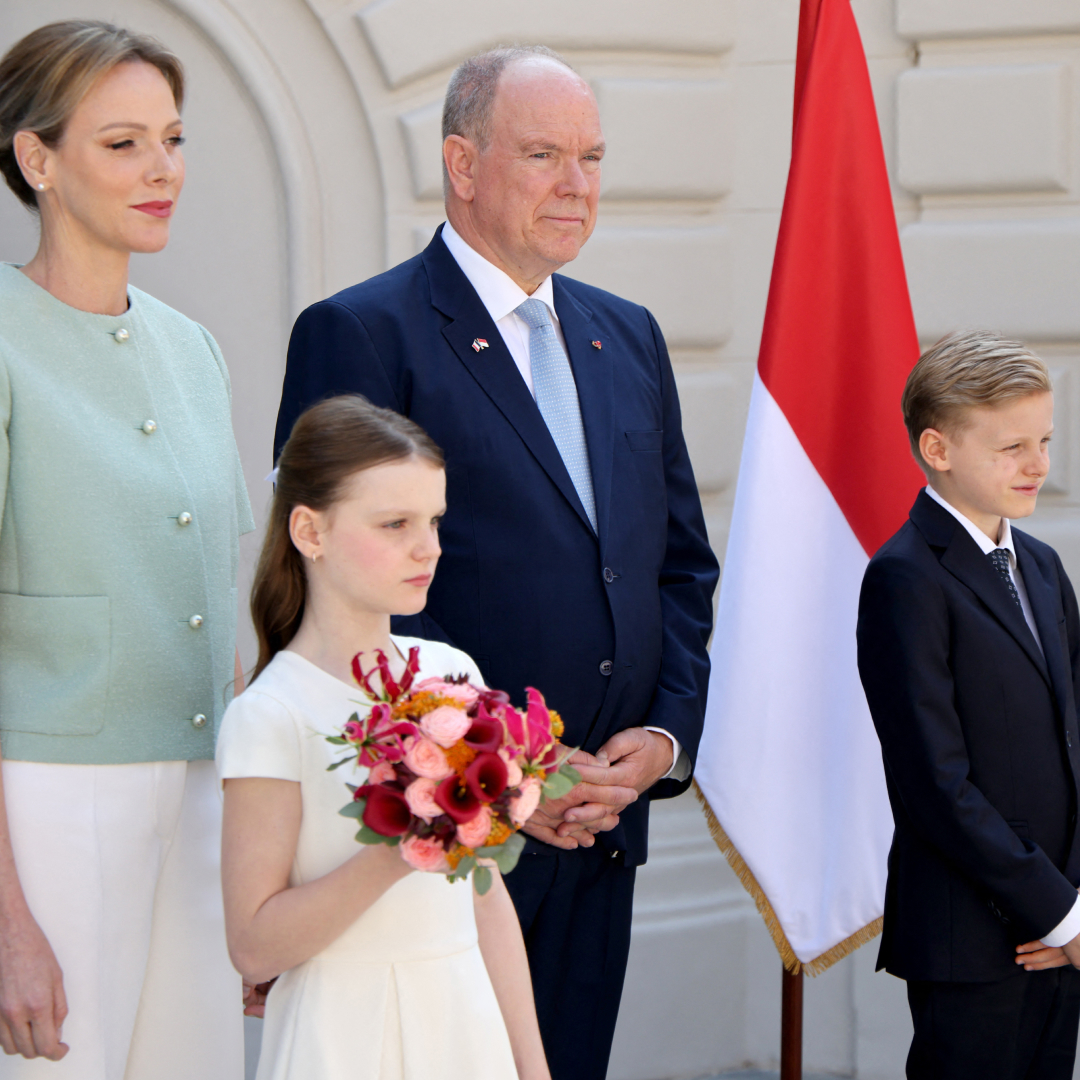
Princess Charlene Forced to "Drop Out" of International Trip
A statement from the palace highlighted the need for "understanding and ongoing commitment."
By Amy Mackelden Published
-

Swifties Think Matty Healy Just Referenced Taylor Swift
"And I just wanted to remind you...I bleed for you."
By Amy Mackelden Published
-

Queen Rania of Jordan Taps Into the Pierced Accessory Trend at the Bezos-Sánchez Wedding
Her all-black airport look was almost as chic as her ceremony gown.
By Meguire Hennes Published
-

Norwegian Royal Family Speaks Out After Future Queen's Son Charged With Rape, Sexual Assault
"I cannot go into further detail about the number of victims in the case beyond confirming that it is a double-digit number," a police source said.
By Kristin Contino Published
-
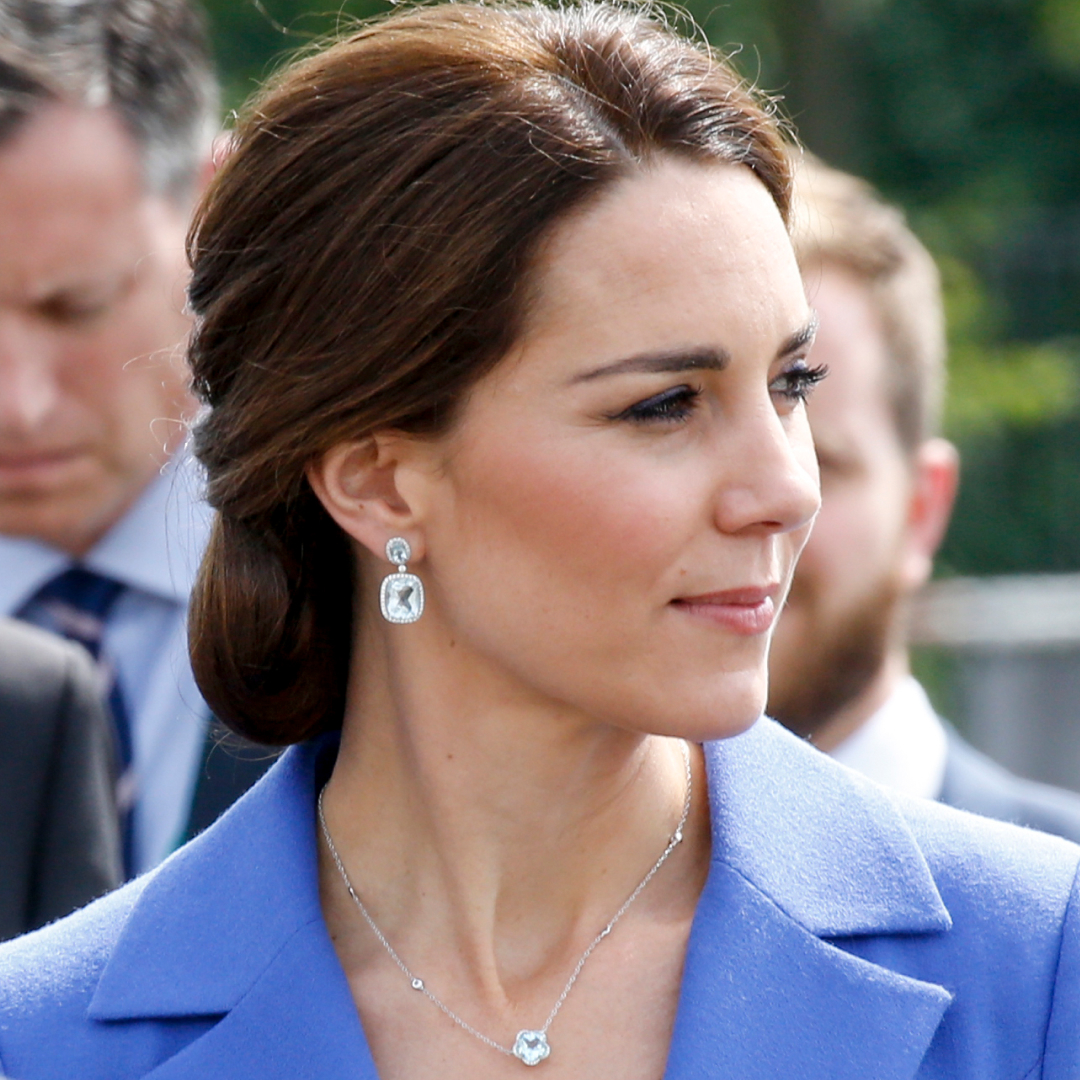
Royal-Favorite Jeweler Kiki McDonough Shares Memories of Princess Diana
The London-based jeweler is celebrating her 40th anniversary with a new book.
By Kristin Contino Published
-
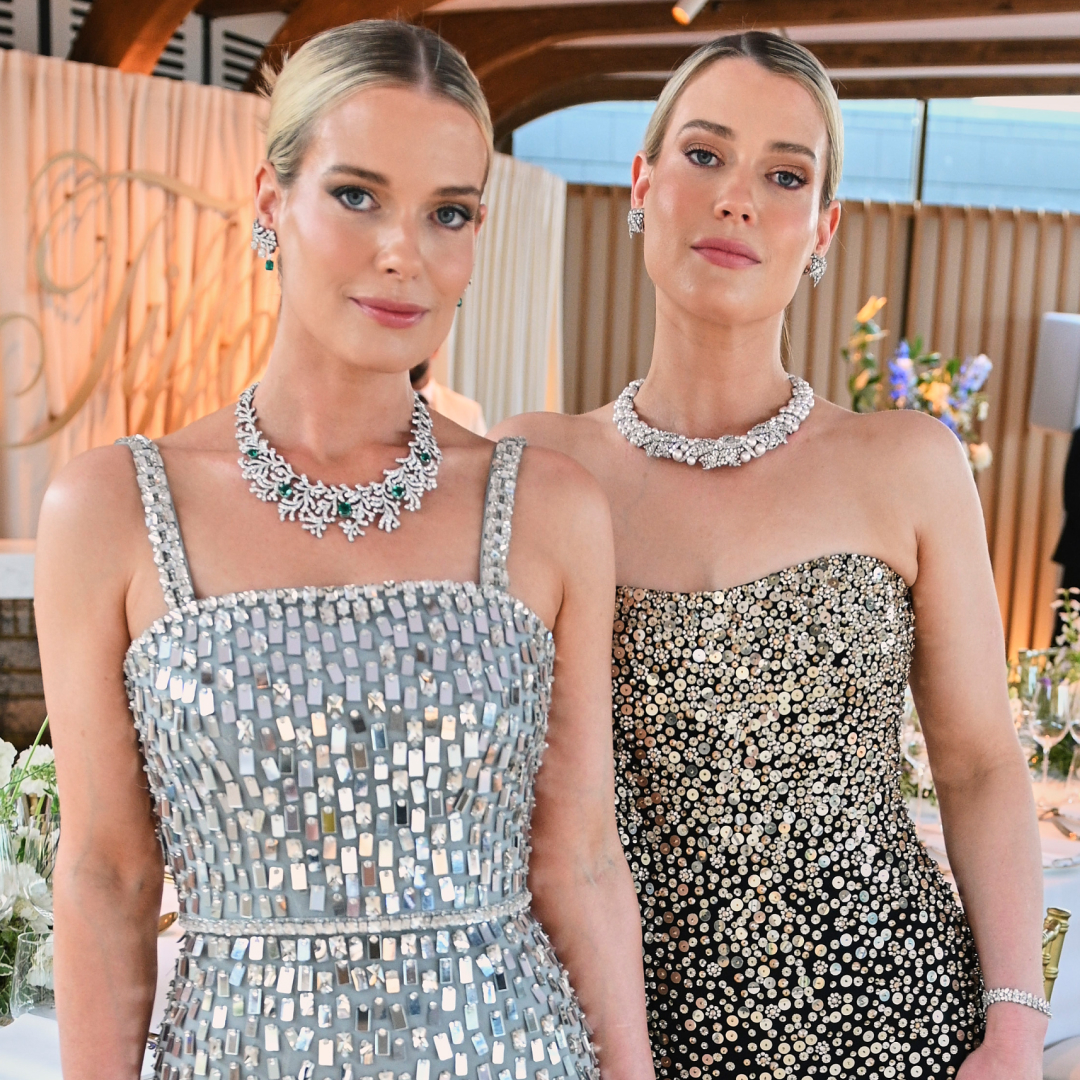
Princess Diana's Twin Nieces Are Dripping in More Than 150 Carats of Diamonds
Auntie would approve.
By Kristin Contino Published
-
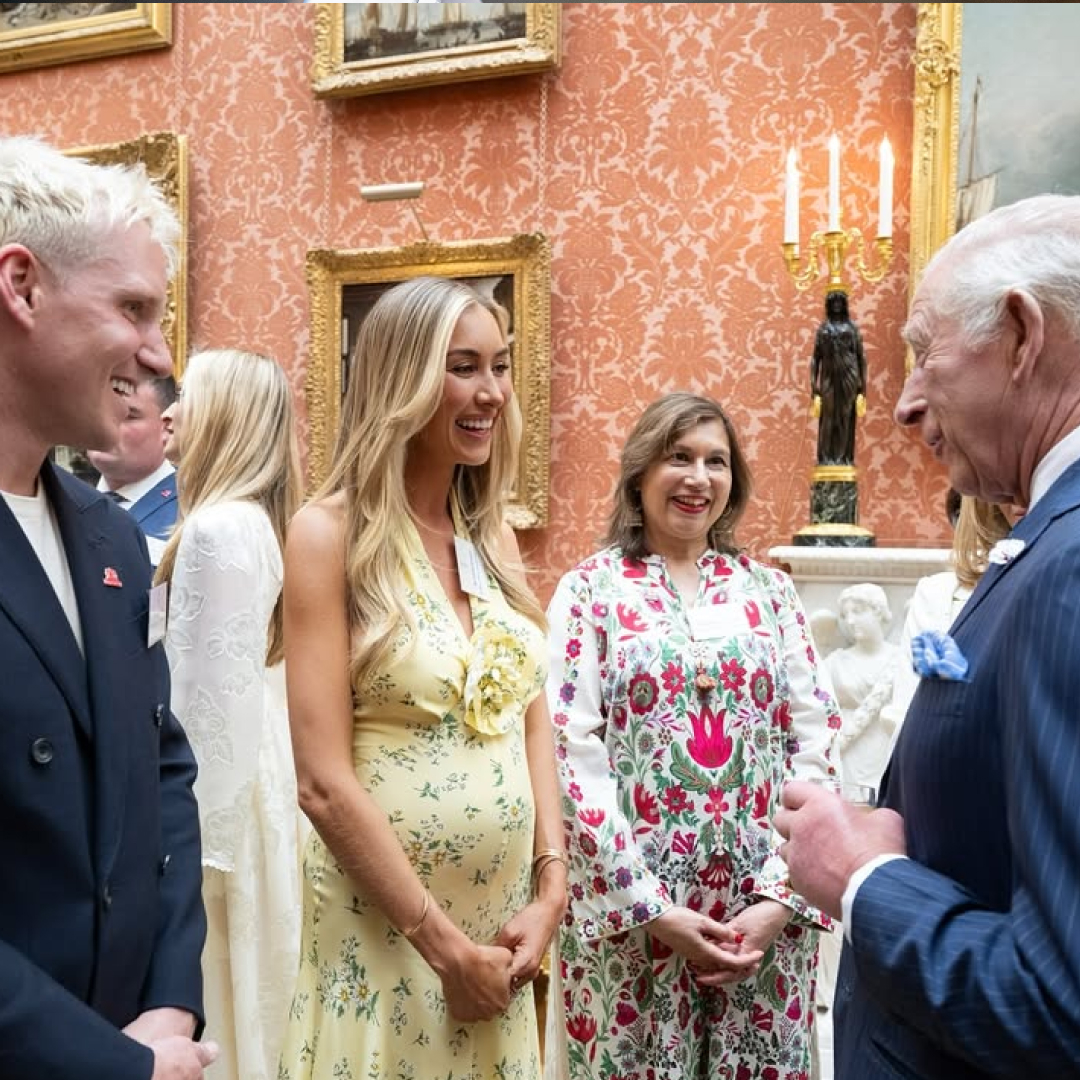
The Royal Family Weighs in on Celebrities' "Baby Mama" Video at the Palace
Didn't see that one coming.
By Kristin Contino Published
-
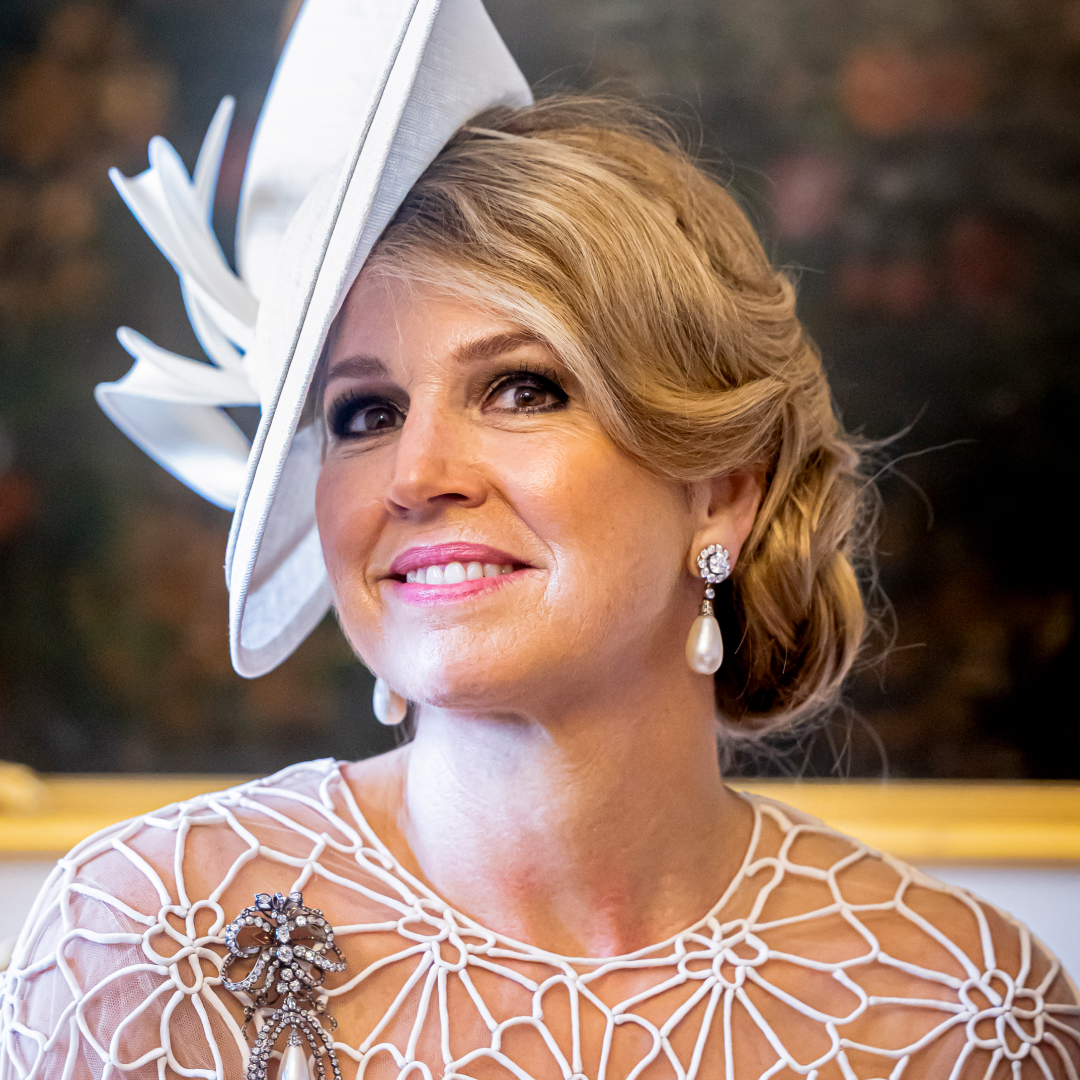
Queen Maxima of the Netherlands Has Her Own Hair Salon Inside the Palace
Royal goals.
By Kristin Contino Published
-
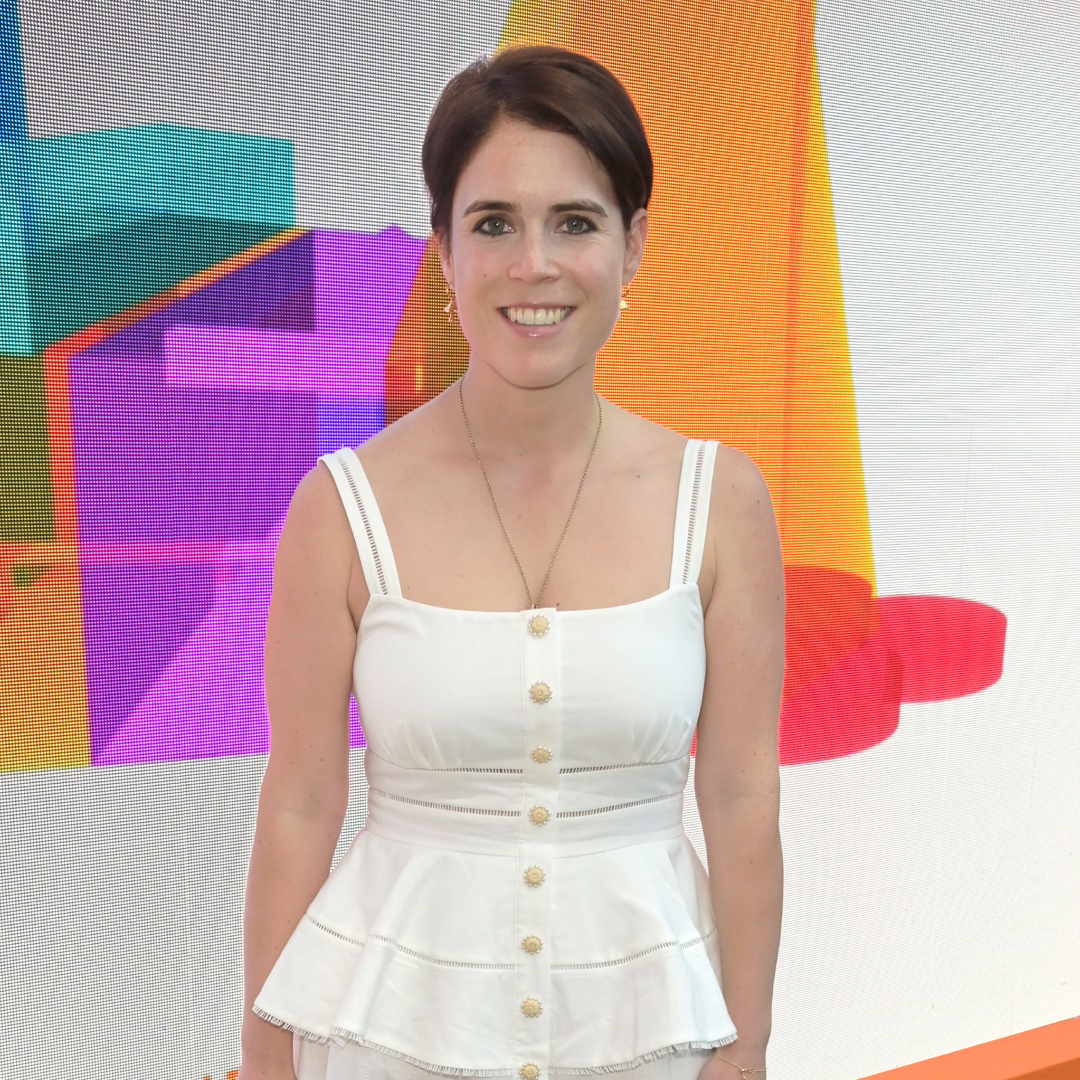
Princess Eugenie Masters Heat Wave Dressing in a Breezy White Linen Dress
She chose one of the Royal Family's favorite labels for a night at the museum.
By Kristin Contino Published
-
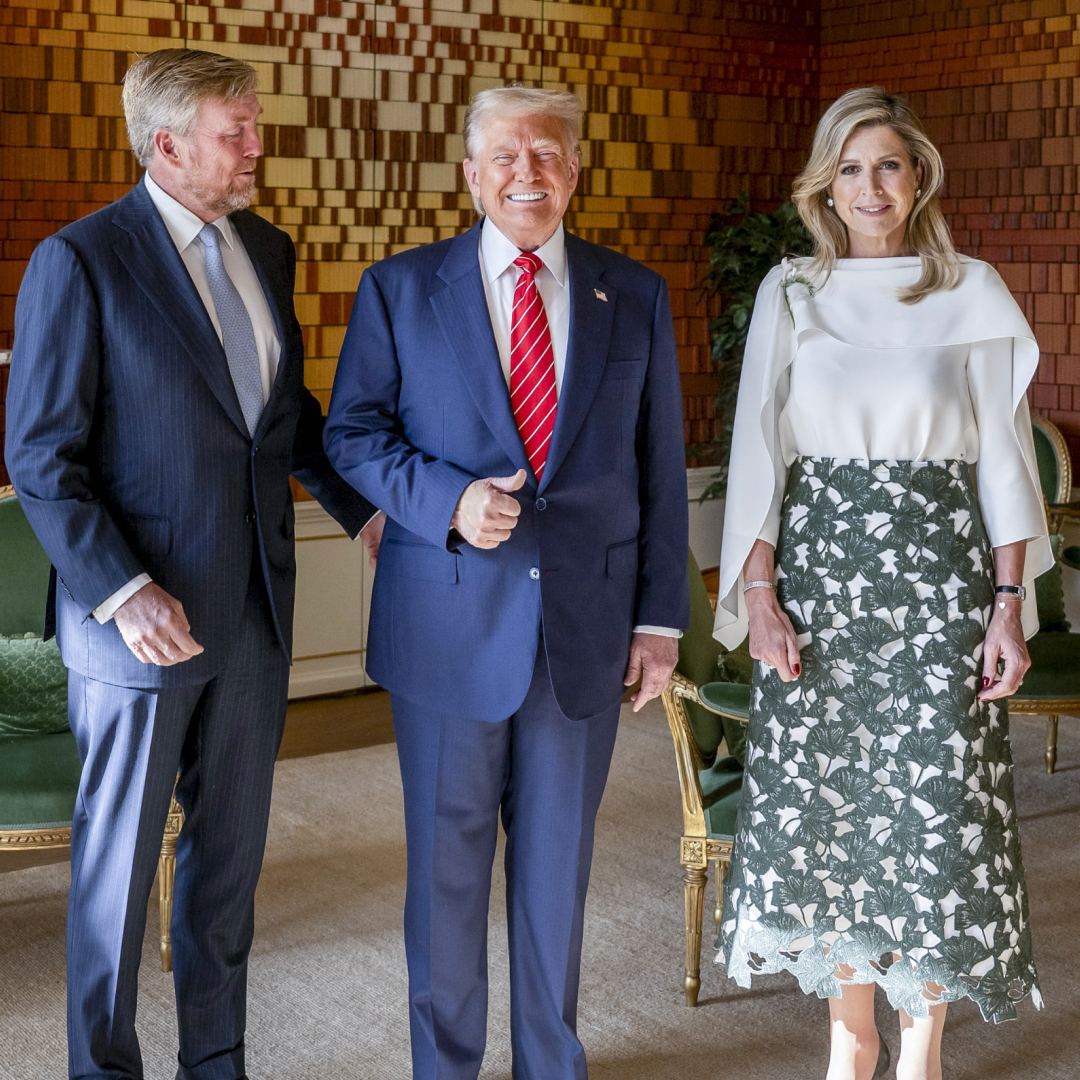
Queen Maxima Goes Viral as She Appears to Imitate Donald Trump
"She did let her intrusive thoughts in, and I can appreciate her for it."
By Kristin Contino Published
-
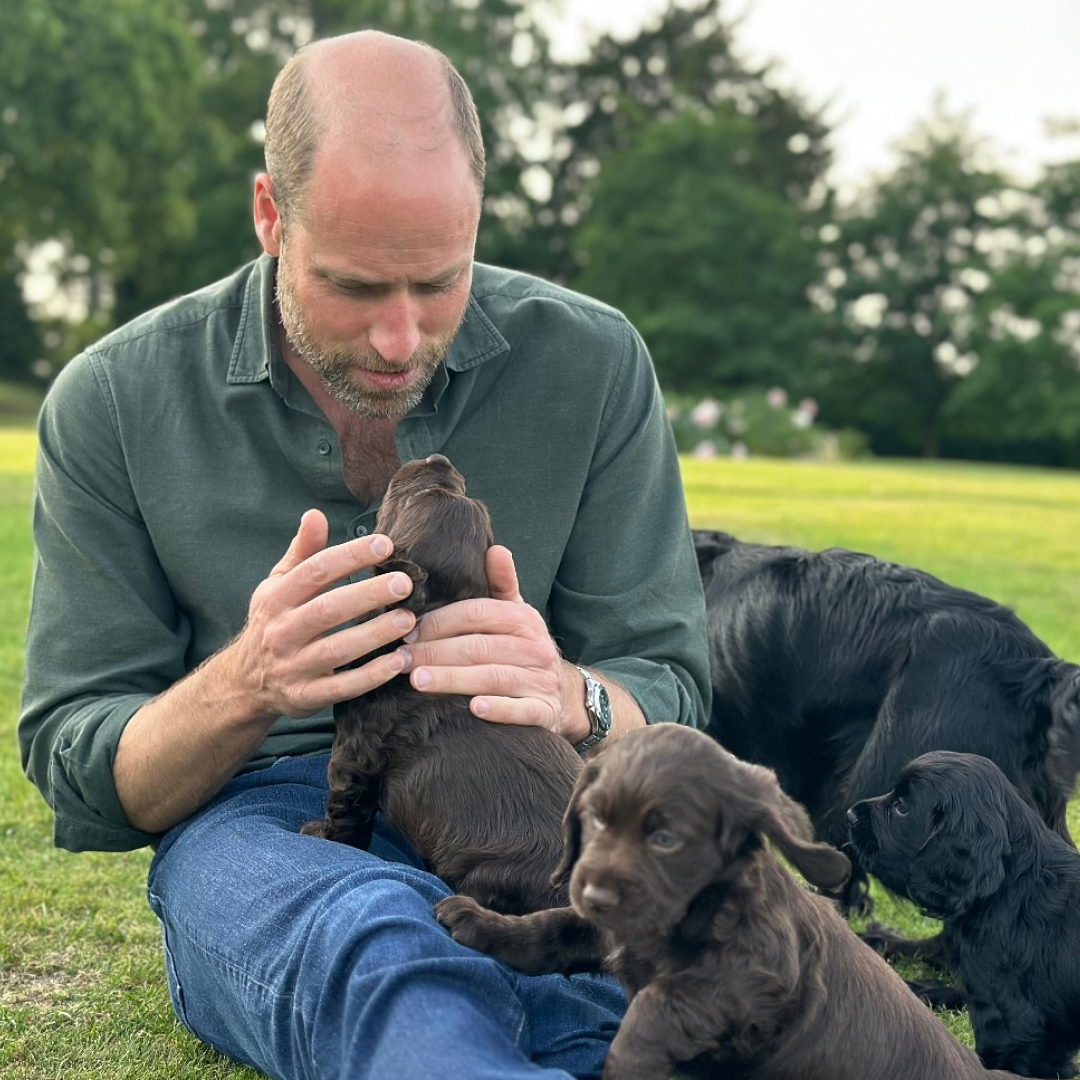
William and Kate are Reportedly Keeping One of Orla's Puppies
The royal couple has been criticized for choosing to breed versus adopt.
By Kristin Contino Published
-
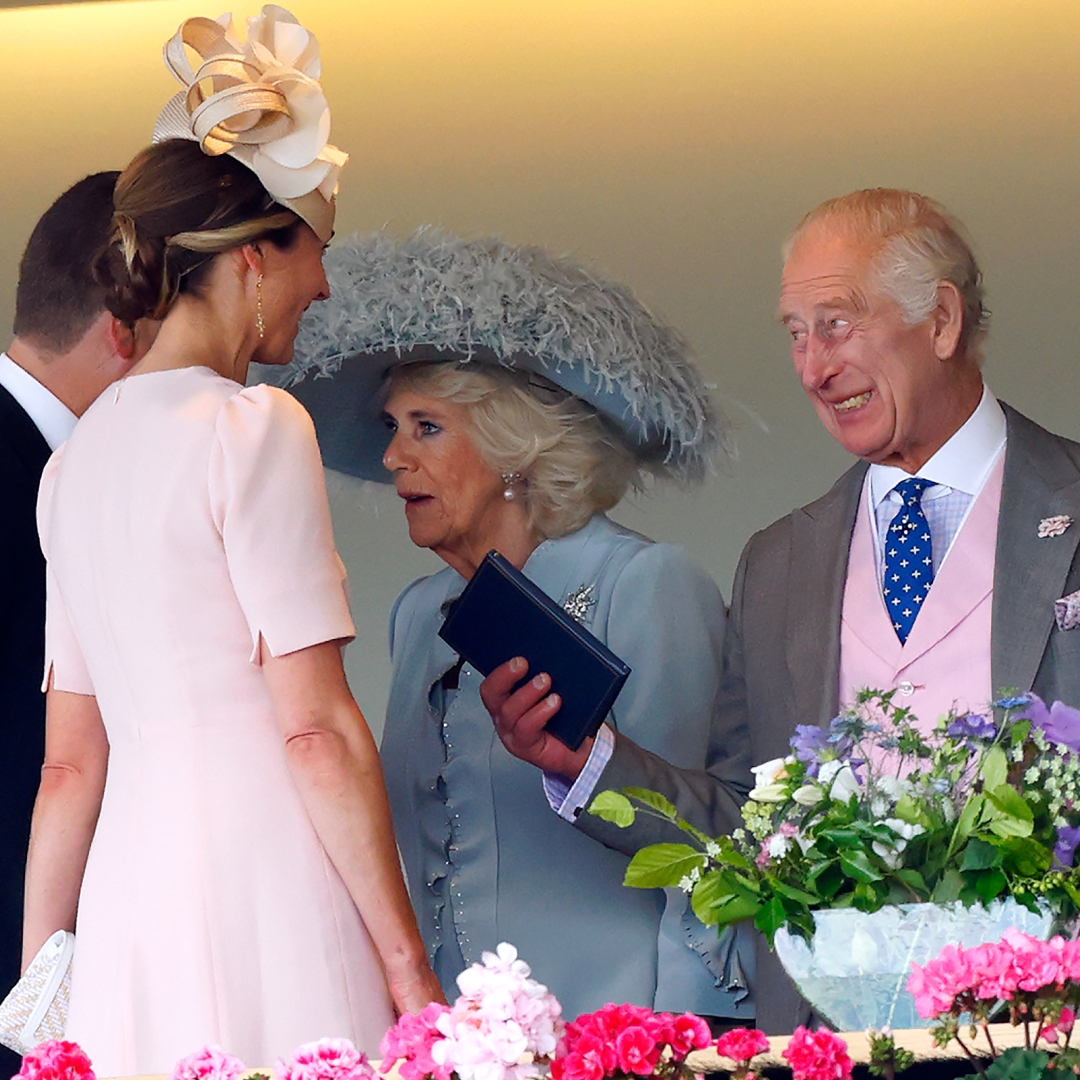
King Charles Has Just Given This Royal Girlfriend a Sign of "Complete Acceptance"
Is a royal engagement on the way?
By Kristin Contino Published

